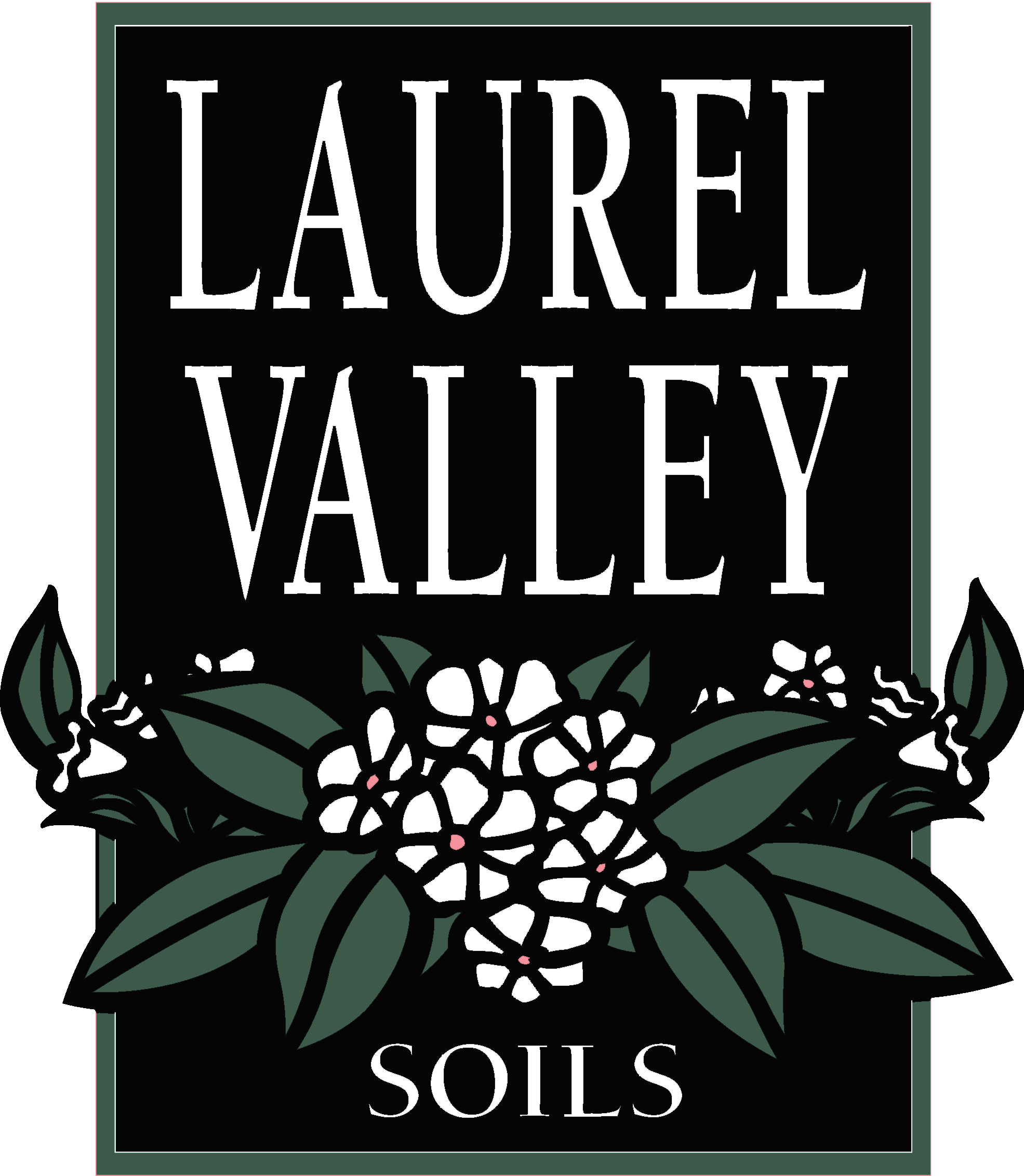Wait—what? We hear about sustainability every day. What has changed?
Soil scientists predict that within the next 50 years, if soil is not protected and regenerated, it will be impossible to feed the population, keep global warming below 2 degrees Celsius, and halt the loss of biodiversity. So just sustaining soil is no longer acceptable.
50 years is well within many of our lifetimes, and certainly our children’s and grandchildren’s lifetimes. So how can we, as professionals and homeowners, make a difference?
REGENERATE YOUR SOIL WITH COMPOST!
We must make a conscious effort to build soils through sustainable landscaping and farming practices and compost is just the tool for the job!
We have all seen depleted soil. It is lighter in color, dry, and incapable of growing anything except for maybe the hardiest of weeds. Depleted soil is caused by many factors, including:
Erosion
Bare exposed soils are vulnerable to erosion from wind and water. As soil particles are removed, so is essential biology and nutrients required for plant growth including (N, P, K, Ca, S, Mg).
Loss of Organic Matter
Most soils are severely lacking adequate levels of organic matter. The US Composting Council, through their Strive for 5 campaign, recommends working towards achieving a soil organic matter (SOM) content of 5% to improve water holding capacity, soil structure, and most importantly, provide a habitat for microorganisms. As SOM breaks down, it must be replaced either naturally or via amendments. Soil cannot replace organic matter on its own.
Lack of Life
Soil biology decomposes organic matter, building soil structure and synthesizing otherwise soil-bound nutrients into plant-available nutrients. The image below is a great depiction of the relationship between soils rich in organics and biology which support healthier, more nutrient dense plants. Humans, pets and livestock benefit greatly from these plants when consuming the vitamin, mineral and nutrient rich plant tissue. As an example, a tomato plant growing in soil rich in SOM, biology and nutrients will pass the micro and macro nutrients to its fruit, providing sustenance for the human consuming it. Without biology’s help, the fruit will resemble a tomato in appearance only, and provide minimal nutrients and flavor.
One of the easiest and most environmentally friendly ways to regenerate soil is to amend with compost and compost-rich soil blends. Laurel Valley’s locally produced Premium Compost provides organic matter, nutrients and indigenous biology. Incorporating compost in your soil projects is a win for you and your clients by improving soil conditions today and for the future.
50 years will be here before we know it, and don’t we want to leave soil better than we inherited it?




